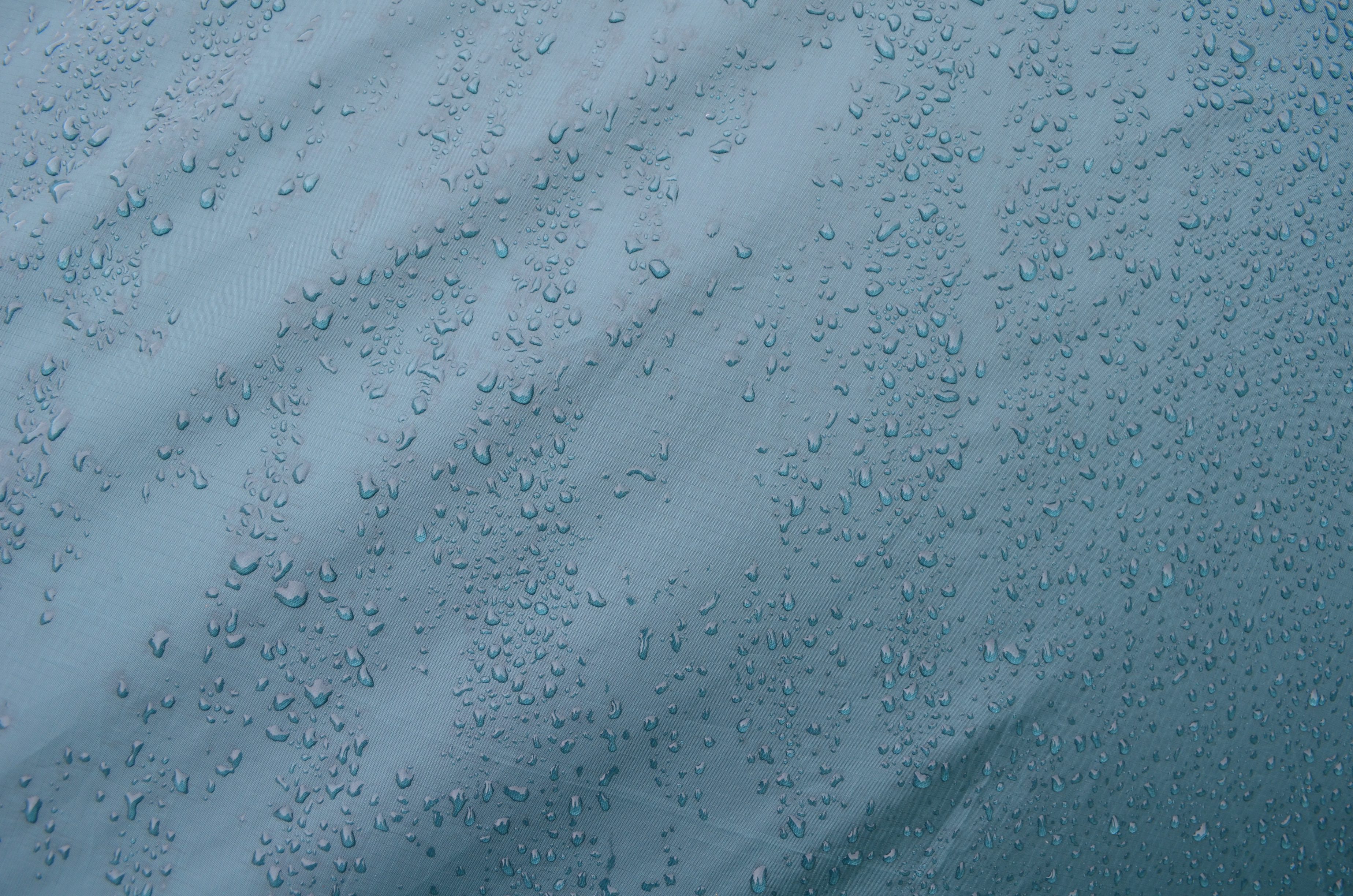Free Delivery Over £50*
As another season of camping comes to an end, you might be ready to put your tent into storage until spring rolls back around. However, improper storage of your tent can lead to some nasty surprises when you roll out your tent for your next camping trip. Mold, mildew and damage due to improper storage can render your tent unusable pushing back any future camping plans.
Protect your tent from the elements and ensure it stays in tip-top condition with our helpful guide on how to store your tent for the winter.
First things first, clean your tent thoroughly before packing it away. Remove any dirt or debris from the tent and rinse it well. Whilst wash treatments are available for tents, plain warm water works well in most cases and avoids putting any potentially harmful chemicals onto the fabric. Using a soft brush, remove any stubborn dirt on the base of the tent, inside or on the footprint so your tent is ready for storage.
Washing your tent pegs and poles regularly is also important to help prevent corrosion. This is especially important if you have been camping near the sea or if they have become contaminated with mud, sand, etc.
For more cleaning tips, check out our blog ‘How to Clean your Tent.’
It is important to make sure your tent is 100% dry before storing. Before hanging it up, let most of the water drip off. You can gently shake the fabric to help remove excess moisture, but avoid wringing it out, as this can harm the waterproof coating.
It’s also important not to leave the tent in direct sunlight to dry. Instead, pitch it in the shade or use a clothes airer. Never attempt to speed up the drying process by placing the tent on a radiator, in a tumble dryer, or using any other heat source like a fire, as this can damage the waterproof coating.

Before packing your tent away, inspect it for any signs of wear or potential damage. Check the zips and seams and poles for any damage. This is the perfect time to get any problems repaired and fixed whilst you are taking some time out of camping. Small fixes like seam sealing can be done from home, but if you notice anything more serious, you can send your tent to the Terra Nova Repair team who will get your tent back to new again.

Choose a cool, dry place to store your tent. Avoid any areas that can become humid like the loft and always make sure you store your tent off the floor as rats and pests won’t think twice of munching their way through your tent.
We also recommend that you store your accessories separately. Take your pegs, poles and extra guy lines out of your tent bag, clean them and pop them in their own bag. This stops them from bending and keeps them nice and organised for your next trip.
Storing your tent correctly can save you time and money in the future. By following our step-by-step guide, you can ensure your gear is protected and ready to go when you plan your next wild camp. Before you head out, do a trial run with your tent and make sure everything looks good before heading into the hills.
If you are planning on camping throughout the winter, check out our range of 4-season tents here.